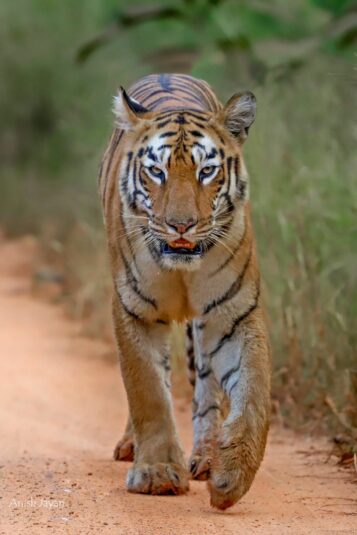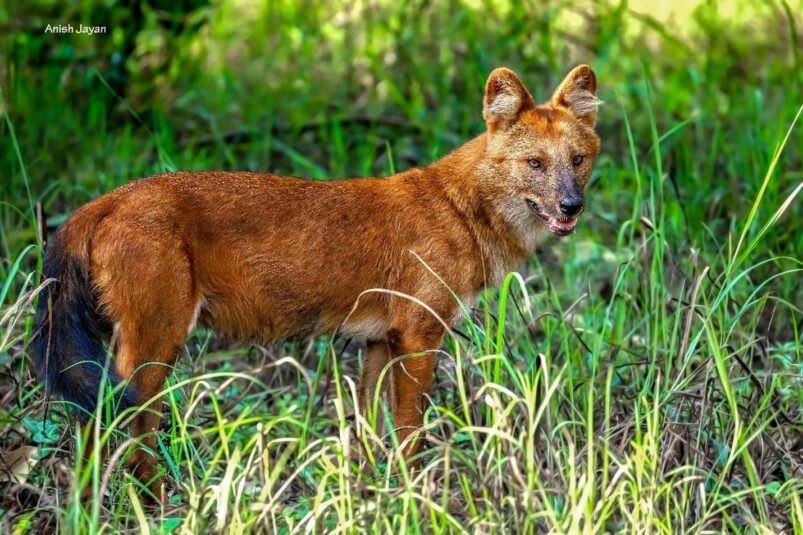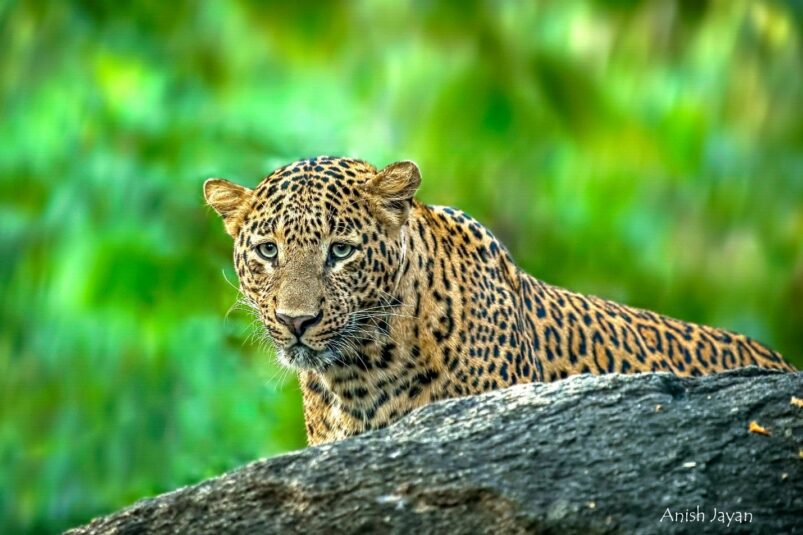Developing cost-effective and non-invasive wildlife monitoring technology for threatened carnivores.
Human-carnivore conflict is a rising concern all over the world. In my home country, India, the situation is the same. My research area, in Kerala, South India, is home to the Western Ghats, with agricultural lands used by local communities and densely diverse forests inhabited by wildlife. Unfortunately, this area is a hotspot for human-wildlife conflict because humans and wildlife live nearby, particularly large carnivores like Bengal Tiger, Indian leopard and wild dogs. At the same time, these species face a severe decline in their populations due to habitat fragmentation and human-wildlife conflict. When a conflict occurs, retaliation against wildlife is a common outcome. These actions create a strong adverse effect on long-term biodiversity conservation goals.
So, my primary focus is to mitigate human-carnivore conflict and foster human-wildlife co-existence. For that, there is no single solution identified yet to mitigate human-wildlife conflict. Still, evidence suggests that a combination of short-term and long-term conflict mitigation strategies communicated to local communities through awareness-outreach programs stands the best chance of success.
In the “toolbox” of mitigation strategies, tracking and monitoring wildlife at risk of being involved in the conflict is pivotal for wildlife conservation and carnivore conflict mitigation. Knowing where at-risk animals roam and where local communities are making it possible to implement effective mitigation strategies.
WildTrack footprint identification technology (FIT) is a cost-effective method to track individual animals. Despite India’s wealth of expert tribal trackers, no studies of FIT have been undertaken in India. A reference library of pugmark images should be collected to establish such a tool. So, this study will incorporate the ancient traditional wildlife tracking skills of the tribal communities and modern Artificial Intelligence (AI) techniques to develop accessible tools to help prevent human-wildlife conflict in the Western Ghats. This tool could be more valuable to Forest Departments and research organisations to conduct wildlife censuses and anti-poaching surveillance schemes.




